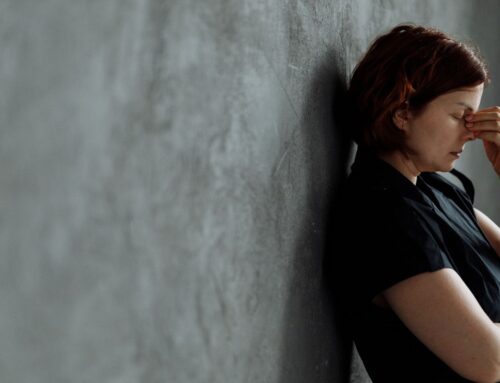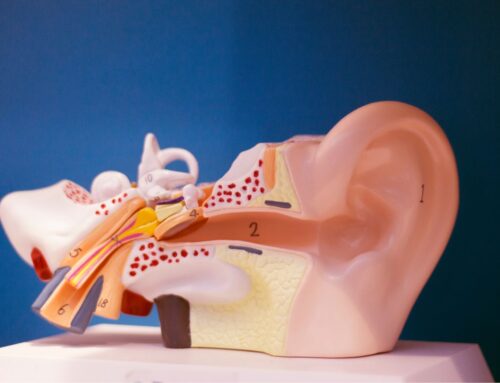A few weeks back, we began a series that introduced BPPV and vertigo.
Today, we’ll explore dizziness.
You may be surprised to learn that dizziness is the second most common complaint heard in physician offices.
Statistics reported by The National Institute of Health indicate that dizziness will occur in surprising numbers – 90 million of us will likely experience dizziness at some time in our lives. It may be more common than you think. Dizziness can be a very debilitating condition that patients often endure for months, even years, with no relief before arriving at our Institute.
And while it may appear as an unexpected, acute attack or as part of an ongoing, chronic condition…the bottomline is any problem with equilibrium places unwanted limitations on everyday living.
Let’s define useful words:
- Equilibrium is a state of balance. Think of it as contending forces being equal.
- Disequilibrium refers to unsteadiness, imbalance or the loss of equilibrium. It’s the
sensation of being off-balance, or tilted toward one side. - Disorder represents an irregularity; a disturbance in function.
Often these disorders have two unique and separate levels of symptoms.
 Vestibular disorders usually have two unique and separate levels of symptoms. These two categories have these general symptoms:
Vestibular disorders usually have two unique and separate levels of symptoms. These two categories have these general symptoms:
Acute or sudden attacks: Dizziness, vertigo or motion intolerance attacks may last only seconds, but can sometimes last longer, even hours. These conditions may be brought on or worsened by quick or sudden head movements, like turning too quickly, rolling over in bed, or looking up. Even the sensation of riding in a car with movement beside you, or walking, may trigger it.
A chronic sense of imbalance or unsteadiness. When the balance system is compromised, chronic issues can surface that can be vague or more intense at times. The loss of surefootedness can create a sense of persistent unsteadiness. This can accompany a general fear of falling that can lead to other injury or other trauma.
A Johns Hopkins University Hospital study concluded that 85% of dizziness and imbalance dysfunction can be helped once a proper diagnosis is made.
Proper diagnosis is crucial. Our doctors of audiology are clinical specialists, working with each patient to treat equilibrium disorders, as well as to diminish concerns about fear and uncertainty. We often see patients that have experienced many emotions including anxiety, fear of falling, and hopelessness after countless previous visits to other doctors with no diagnosis or no relief.
The Institute’s proprietary therapy approach to equilibrium disorders is Advanced Vestibular Treatment™ (AVT). AVT has achieved evidence-based results superior to traditional vestibular rehabilitation therapy (VRT), which is based on physical and occupational therapy approaches. We have effectively treated more than 30,000 patients for dizziness, vertigo, balance and inner-ear disorders by eliminating or substantially reducing dizziness. To date, more than 95% of all Institute patients have demonstrated measurable, clinical improvement following personalized dizziness therapy.
For more information, give us a call, or visit www.dizziland.com






Leave A Comment